If you’ve ever set a weight loss goal, you’ve probably asked yourself:
👉 Should I spend more time on the treadmill or focus on lifting weights?
This is one of the most common debates in the fitness world. On one side, cardio lovers swear by running, cycling, or HIIT workouts for burning fat. On the other, strength training fans argue that lifting weights builds muscle, which boosts your metabolism and burns fat long after the workout is over.
So, which one is truly better for weight loss? The short answer: both are important — but for different reasons. Let’s break it down in detail so you can design the perfect workout routine for your goals.
🔥 What Exactly Is Cardio?
Cardio, short for cardiovascular exercise, refers to any activity that raises your heart rate and keeps it elevated for a period of time. Think running, brisk walking, cycling, swimming, dancing, or even jumping rope.
✅ Benefits of Cardio for Weight Loss
- Burns calories fast: A 30-minute jog can burn 250–400 calories depending on intensity and body weight.
- Improves heart and lung health: Strengthens your cardiovascular system.
- Boosts endurance & stamina: Makes daily tasks easier.
- Great for mental health: Cardio is proven to reduce stress, anxiety, and depression.
❌ Downsides of Cardio
- Temporary calorie burn: Once you stop, calorie burning slows down quickly.
- Muscle loss risk: Too much cardio without strength training may lead to losing muscle mass.
- Plateau effect: Your body adapts to steady-state cardio, meaning you may need to increase duration or intensity for results.
💪 What Is Strength Training?

Strength training (also known as resistance training) involves using weights, resistance bands, or even your own body weight to challenge your muscles. Examples include squats, push-ups, deadlifts, lunges, and dumbbell presses.
✅ Benefits of Strength Training for Weight Loss
- Builds lean muscle: More muscle = higher resting metabolism, so you burn calories even while resting.
- Afterburn effect (EPOC): Your body continues to burn calories for hours after a workout.
- Body shaping & toning: Cardio may make you lighter, but strength training makes you look leaner and more defined.
- Bone health: Reduces the risk of osteoporosis and improves posture.
❌ Downsides of Strength Training
- Slower calorie burn during exercise: A 30-minute weightlifting session may burn fewer calories than running.
- Intimidating for beginners: Many people avoid weights because they’re unsure where to start.
- Progress takes time: Muscle growth and fat loss through strength training is gradual.
⚖️ Cardio vs Strength Training: Which Burns More Calories?

- During the workout: Cardio usually burns more calories in the moment. For example, running for 30 minutes might burn ~300 calories, while lifting weights might burn ~150–200.
- After the workout: Strength training has a bigger “afterburn effect” (EPOC), meaning your body keeps burning calories as it repairs and builds muscle.
👉 If your only goal is to burn calories immediately, cardio wins.
👉 If your goal is long-term fat loss and body transformation, strength training is essential.
🧩 Why the Best Answer is BOTH
Here’s the secret: You don’t need to choose one over the other. The most effective weight loss programs include a mix of cardio and strength training.
- Cardio = Short-term calorie burn + heart health
- Strength Training = Long-term fat loss + body toning
Example Weekly Schedule (for Weight Loss):
- Day 1: Strength training (full body)
- Day 2: Cardio (running, cycling, or HIIT)
- Day 3: Rest or light activity (walking, yoga)
- Day 4: Strength training (upper body focus)
- Day 5: Cardio (HIIT or swimming)
- Day 6: Strength training (lower body focus)
- Day 7: Rest or active recovery
This mix helps you:
✔ Burn calories quickly
✔ Build muscle for long-term fat burning
✔ Avoid boredom
✔ Prevent injury from overtraining one style
🥗 Why Nutrition Matters More Than Workouts
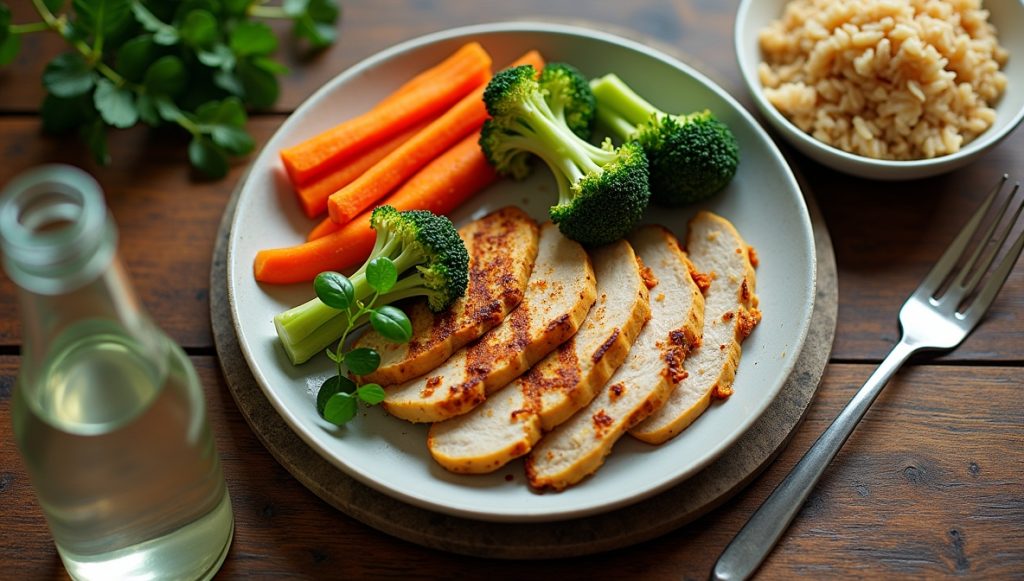
Here’s the tough truth: You can’t out-train a bad diet.
Even the best cardio or strength training plan won’t work if your nutrition is off. For sustainable fat loss, focus on:
- Calorie deficit: Burn more than you consume. (Use an app like MyFitnessPal to track.)
- Protein-rich meals: Lean meats, eggs, beans, fish, tofu. Protein supports muscle growth and keeps you full.
- Balanced macros: Include healthy carbs (oats, rice, sweet potatoes) and fats (avocados, nuts, olive oil).
- Hydration: Aim for 2–3 liters of water daily.
- Consistency > Perfection: Occasional treats are fine. Balance is key.
🚀 Common Mistakes to Avoid
- ❌ Doing endless cardio and avoiding weights
- ❌ Over-restricting food (leading to binge eating)
- ❌ Expecting quick results (real fat loss takes weeks/months)
- ❌ Ignoring rest and recovery
- ❌ Skipping progressive overload in strength training
✅ Conclusion
So, cardio vs strength training — which is better for weight loss?
🔑 The ultimate answer: Both are important.
- Use cardio for calorie burn, endurance, and heart health.
- Use strength training for muscle building, long-term fat loss, and body shaping.
If you’re serious about sustainable weight loss, don’t choose one over the other — combine them, fuel your body with the right foods, and stay consistent.
💬 Which do you prefer for weight loss — cardio or lifting? Share your experience in the comments!


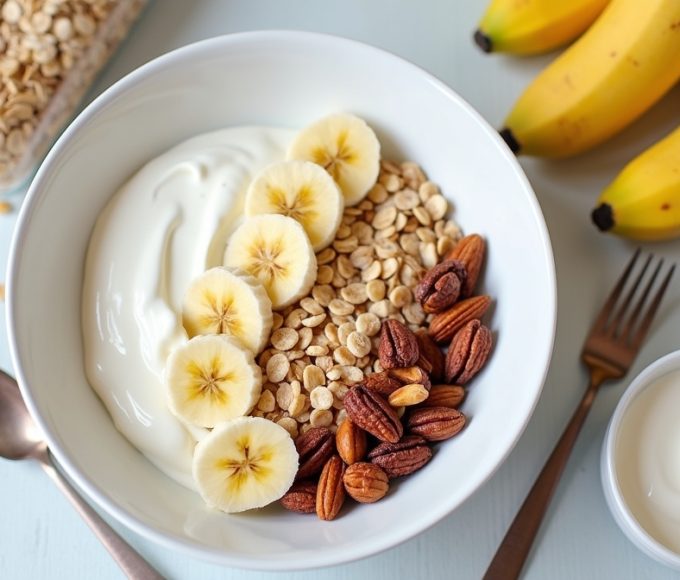
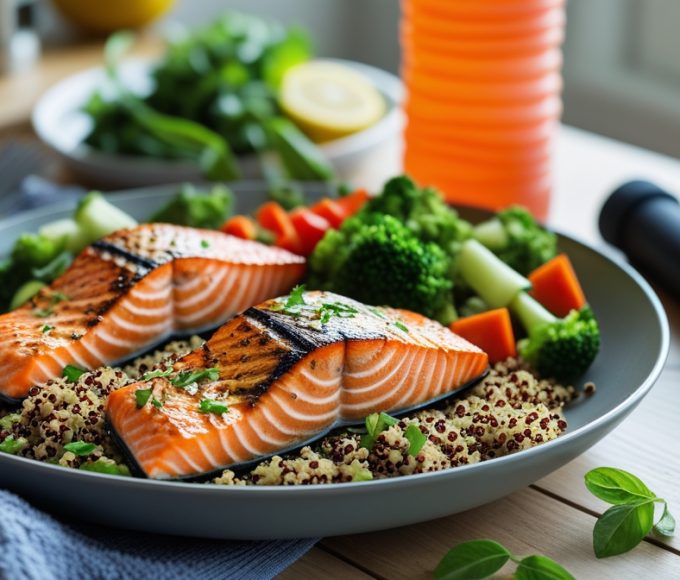

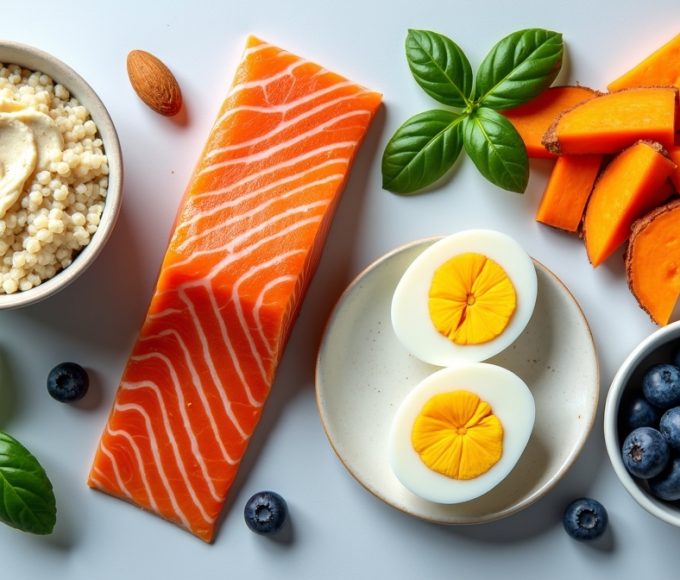






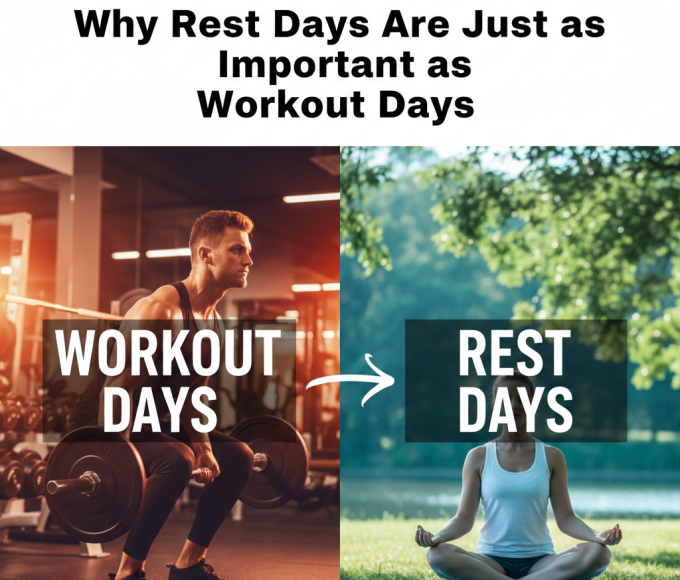
















It makes me fit and healthy